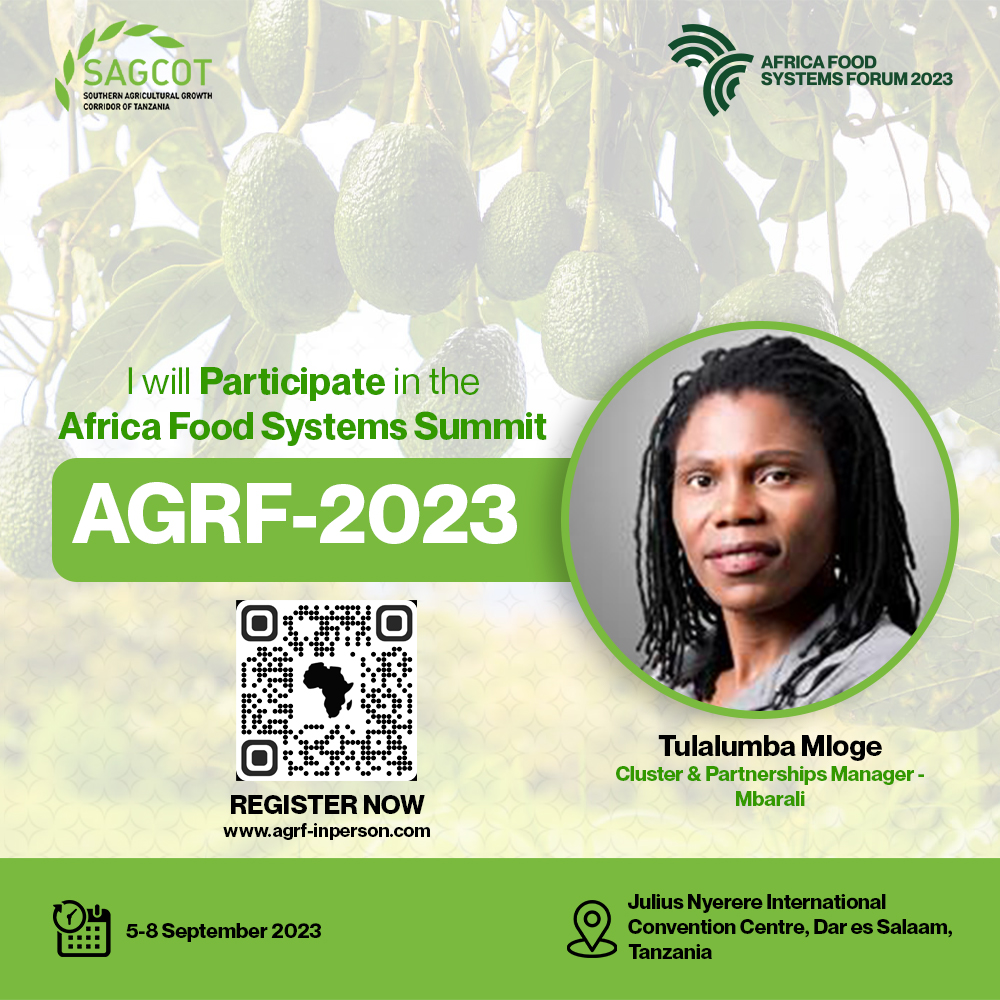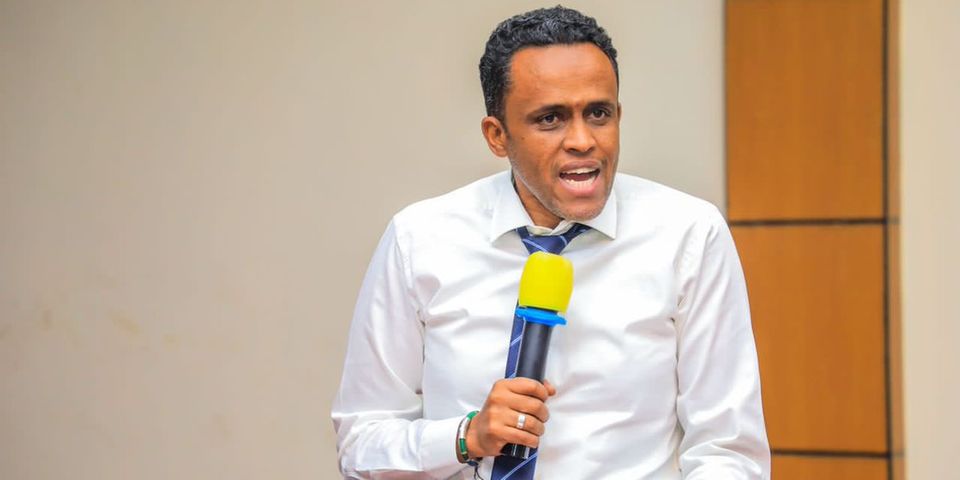How are we going to ensure the fruits of Kilimo Kwanza are equally distributed?
Kilimo kwanza is one of the most ambitious and realistic economic policy of President Jakaya Kikwete’s government
By Emmanuel D Tayari
Kilimo kwanza is one of the most ambitious and realistic economic policy of President Jakaya Kikwete’s government. It has highlighted the key priority areas necessary for implementing reforms; which will aim to improve efficiency in agricultural productivity.
It is also true that the importance of having a clear strategy in place cannot be underestimated; and indeed I applause the president for his leadership. However as we prepare for the future promised by Kilimo Kwanza, there is key questions which remain unanswered and they need a public debate to untangle the puzzle.
The first issue of the puzzle, is the fact that most of the time, we hardly fulfil our targets as a nation. Weak conditions of our agricultural industry underscore the importance of why we can’t afford to fail in fulfilling Kilimo Kwanza targets.
We all know that the general election is one year away from now, which means the effectiveness of this plan to work needs a political will from all political parties. It is apparently true that this policy is vulnerable to political attacks and inflated expectations (politicalization). When the election is near it will be very tempting and quite easy for the opposition political parties to ridicule the policy on the basis that; the Government is changing its policy positions in pursuit of votes or for making their politicians look accountable to the public.
Further more, the vulnerability of this policy is reflected by the level of commitments in which the current elected officials are able to commit to following through the implementation process of this policy, while at the same time managing to deal with their concerns and their prospects for re-election; which are always very tense and time consuming. Such processes involve handling personal attacks, and defending their performance. Through these processes, there are many waves of activities which tend to remove the ability of the elected officials to act on significant pressing matters.
The possible solution for this puzzle could be for the government to leave the overall implementation of Kilimo Kwanza strategy under Tanzania National Business Council until next years general election finishes; which will leave the policy invulnerable to political attacks.
The second issue of the puzzle is, how are we going to make sure the fruits of Kilimo Kwanza are equally distributed? It is widely known that Kilimo Kwanza is built on the aim of providing Good Life for all Tanzanians. However, we need to ensure that the good benefits portrayed by the Kilimo Kwanza policy paper demonstrate its ability to reduce poverty and to raise the standard of living for the rural poor. The unwillingness of taking this question seriously will place us in a situation where; this initiative becomes only beneficial for few people who are powerful and politically connected. Consequently this will increase income inequality and poverty; because the poor will lose even the little that they have now. We have a living example where; we had called all mining projects as developmental projects; while they literally have very little contribution or none at all to local Tanzania’s even to the neighbouring people who live near the mines.
The solution for this puzzle will be the willingness of tackling corruption and all forms of illegal dealings which will ensure fair practice of the policy.
The last issue of the puzzle of which I will want to untangle in this commentary is the question of how we are going to raise all of the investments needed for Kilimo Kwanza? This question brings me to a suggestion of the ways we might further enhance the finance of Kilimo Kwanza projects.
Tanzania receives a lot of money targeted for the social Marketing of HIV/AIDS, Malaria and other chronic diseases. But the reality is that; most of the traditional ways of social marketing hardly reach the rural poor and are ineffective because such marketing concepts are not compatible to the perceptions, values, lifestyles and concerns of most of the agricultural population. Kilimo Kwanza can be used as a tool to correct this by taking part in the social marketing, by using available funds to improvise the marketing concept.
By improvising I mean, buying equipment like tractors for farmers, and branding them with slogans that boost awareness of various diseases such as HIV/AIDS. This concept can be compared to the same method used to advertise in public transport, which is the most effective way of campaigning for awareness. By doing so this can achieve both economic and social marketing objectives. This wont be the first time social marketing concept is used in an agricultural setting; in developed countries they use social marketing techniques in preventing death and serious injuries from tractor-related incidents which are a leading cause of accidental deaths in rural communities.
The time between a dream and its realization relies on our actions and decision; which means our decisions and actions should reflect our commitment for making Kilimo Kwanza work.


